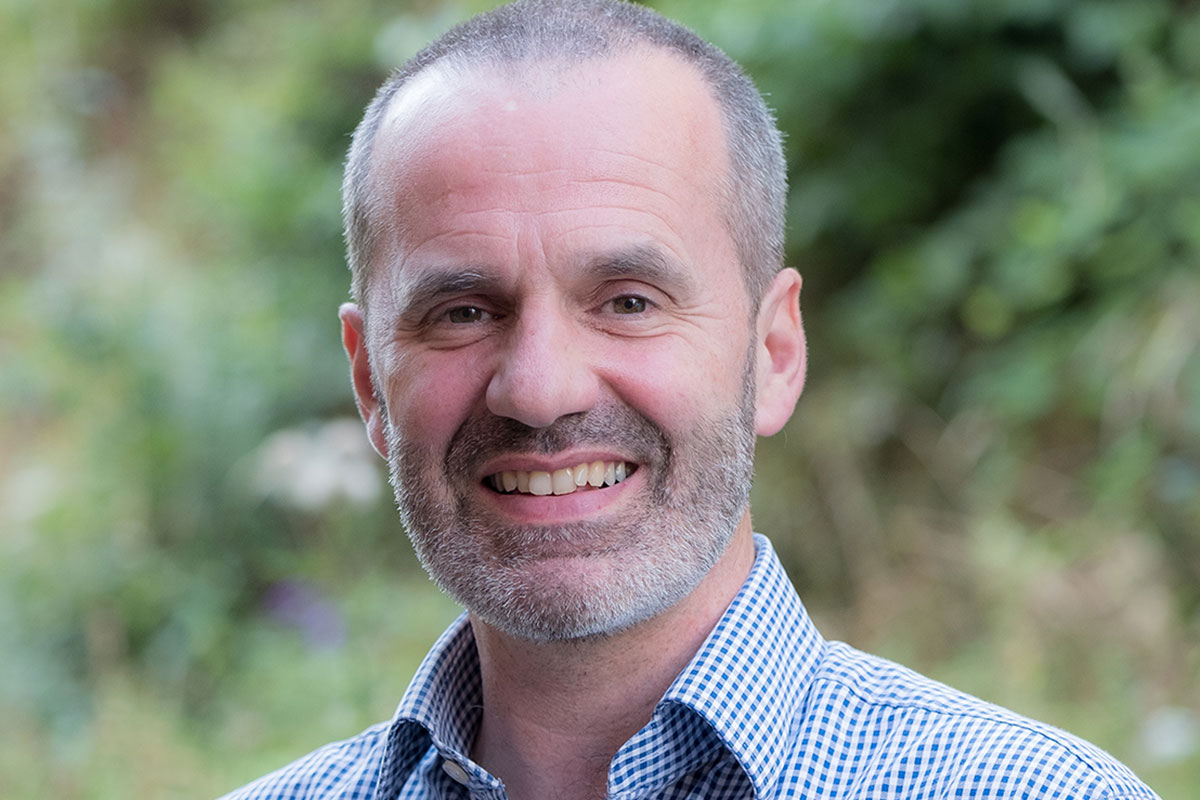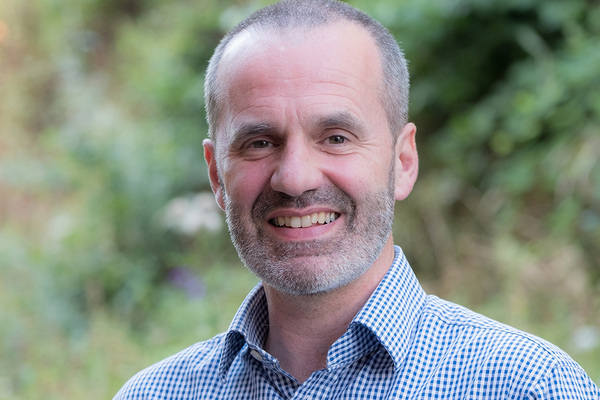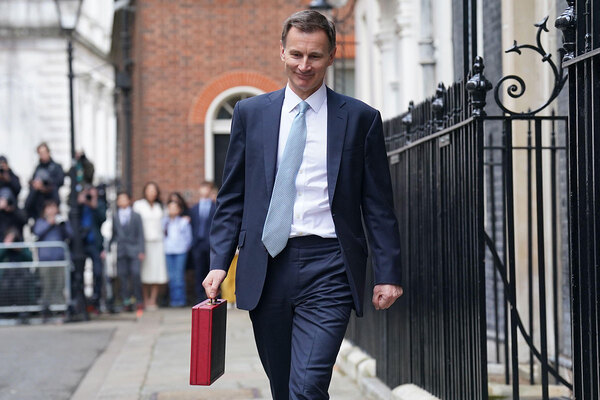PlaceShapers chair: ‘We need to come up with tech like an iPhone – you instinctively know what to do with it’
PlaceShapers’ chair Matthew Walker discusses the sustainability challenges facing landlords and the ongoing role they play in communities. Martin Hilditch reports
What’s the number one issue that community-focused social landlords want to talk about? Over the past year, Matthew Walker has made it his mission to find out. Mr Walker took over as chair of the PlaceShapers network of community-focused landlords in June last year with a pledge to speak to each member individually to guide the campaigning voice of the organisation. With more than 100 members, that was no small undertaking. This month he completed the task – although Inside Housing spoke to him after he had chalked up his 89th CEO.
There can be few people in England right now with a better understanding of what makes the sector tick. Inside Housing met up with Mr Walker to find out what he has discovered on his odyssey – and what direction PlaceShapers is likely to head in as a result.
The issue that raised its head more often than any other was sustainability and delivering zero carbon homes. Partly this is due to the dramatic costs facing the sector on the journey ahead – research by Inside Housing last year, based on estimates from social landlords, suggested the cost of delivering zero carbon homes could be as much as £104bn. “No one’s quite worked out how we are going to pay for it,” Mr Walker states. “I’m not sure I’ve spoken to a chief executive who, when they estimate what they think the costs are going to be, can afford to include that within the business plan without busting the business plan.”
While ‘how on earth are we going to pay for this?’ is clearly a huge question, it is also one that numerous individual organisations and other representative bodies are already wrestling with. “One of the things
I was keen not to do was to duplicate any activity being done by any of the other organisations in this space,” Mr Walker states. “I think that is a waste of resource and I don’t want to be accused of that by associations paying towards our subscriptions when they are paying money to other organisations doing similar things.”
Instead, PlaceShapers’ community focus threw up a different set of concerns, Mr Walker states. One of the main things that members wanted to talk about was “ensuring that customer voices are heard in this critical area”, he adds. The feeling was that for something of such strategic importance for society and for providers, “the customer voice needs to be more present”.
This needs to be tackled, Mr Walker feels, to give tenants and residents genuine influence over the shape the journey to zero carbon will take, and tackle troubling paternalistic attitudes that landlords may have. He states that he wants an end to complaints he has heard that customers don’t understand how to use technology, such as ground and air source heat pumps.
“The problem is with those making it too complicated, not with the customer not getting on board with it,” he states. “We need to change our mindset to come up with technology that is a bit like an iPhone – you pick it up and instinctively know what to do with it. We need the Steve Jobs of the green world.”
“How do we get people on board with what we’re doing? How do we show that we are fitting into a national roadmap [on decarbonisation]?”
This feedback has already kick-started a programme of work within PlaceShapers, with a recent report, produced in partnership with Tpas, suggesting that the aim for all providers should be to create decarbonisation programmes in which residents are actively engaged. It also recommends that government should communicate more clearly, saying it will be “far harder to engage residents with the retrofits needed in their homes unless they can see how it fits into the roadmap to the nation’s net zero carbon target”.
“Everyone knows that there is a zero carbon agenda by 2050,” Mr Walker states. “But they are not sure whether what you are doing is fitting into that or whether you are just unilaterally deciding to do something. That’s a challenge for us as a sector,” he adds. “How do we get people on board with what we’re doing? How do we show that we are fitting into a national roadmap?”
Of course, it is not just the green agenda in which the sector needs to justify its approach. Even the community focus of members has come under political scrutiny in the past. Mr Walker says that part of his goal during his calls has been to hear stories of the important role that associations play within communities, and the difference they can make to people’s lives.
“One of my reasons for wanting to collect stories is I have a list of 90 or so that whenever I’m going into a meeting with a decision-maker who is going to have influence over how resources are allocated, I want to start interjecting with these stories. Because when you hear about the impact of a project on a person’s life, it puts flesh on the bones. So, why [for example] should associations be supporting food banks? The answer is because if you don’t help provide some food, then families won’t have a warm meal.”
These stories could be as straightforward as demonstrating the continued importance of social housing. Mr Walker talks about a recent report from one of his staff who had just told someone they had been successful in obtaining a social housing tenancy.
“This person burst into tears on the phone,” he states. “Some people think it [a home] is just an asset, a piece of real estate on a balance sheet. But actually, these are people’s homes and whether they do or don’t get them has a massive impact on people’s lives.”
What is PlaceShapers?
PlaceShapers is a membership body with more than 100 members. Its members manage 930,000 homes – about a quarter of all housing association homes. By 2023, members will collectively build 118,000 new homes.
Mr Walker became chair last year, replacing Sinead Butters, who had chaired the group since 2015.
Of course, that impact isn’t always positive. We speak shortly after ITV News has run a piece about appalling living conditions in a council-owned block in Croydon.
“The only answer you can give to being a landlord in a situation like that is, ‘this is unacceptable’,” Mr Walker states. These are issues PlaceShapers is likely to pick up on further too, and he says PlaceShapers has been speaking to the Housing Ombudsman to explore issues such as the prevalence of damp in the sector.
Ultimately, however, Mr Walker states that social landlords continue to play an important role in society – and it is PlaceShapers’ mission to talk about this.
“We exist to help people improve the quality of their lives,” he states. “We do it by providing a house that people can make their home. We don’t exist to build a property empire.”
Sign up for the IH long read bulletin
Already have an account? Click here to manage your newsletters











